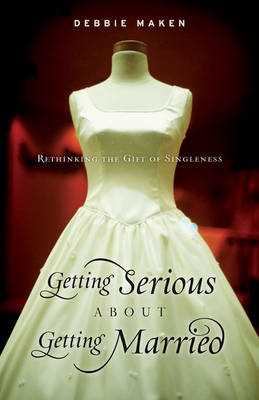Reviewed by ladygrey on
She's grappling with larger paradigms than just marriage with the best of intentions. And while I don't disagree with any of the Biblical principles she's examining and advocating, it rings with a certain dissonance because she seems to ignore the corruption on the other side of the spectrum. Women had to fight for independence because for centuries, even here in America, they lived at the mercy of their husbands; they had no legal right to their own children. Perhaps that doesn't play into the shift in pursuing marriage during The Enlightenment, but I feel that if you're referencing Puritanical views of marriage something just feels off if you don't acknowledge the flaws that existed then.
Also, I don't agree with the severity of her position. While, I think God intended for most everyone to be married, I don't think that marriage and children are a mandate. The advantage to the force of her argument is that it gives people the freedom to pursue marriage with intention and honesty the way you look for a job instead of a stigma of desperation.
Overall, this book evoked a lot of interesting and insightful thoughts. It's definitely worth reading for the sake of discussion alone. Are we better off, having cast aside a Godly structure to finding marriage and opening ourselves up to the capriciousness of fate? And in the bargain, have we bought for ourselves a richer, wilder experience of romance?
Reading updates
- Started reading
- 12 March, 2011: Finished reading
- 12 March, 2011: Reviewed
